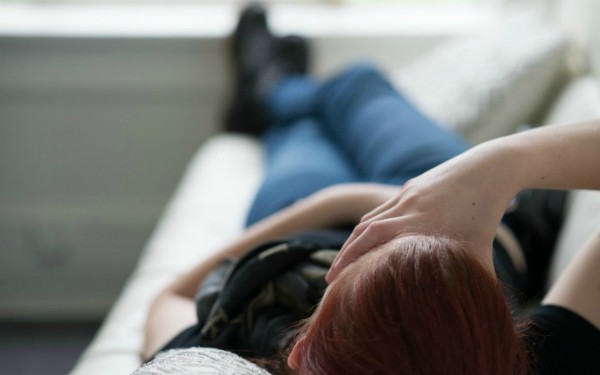
There were almost 250 applications to deprive children of their liberty in England in the first two months of a dedicated court set up to handle these cases.
The national DoLs court received 237 applications in July and August to authorise the deprivation of liberty of a child or young person using the inherent jurisdiction of the High Court – which is designed to safeguard vulnerable people where there is no statutory provision to do so.
The figures, collected by the Nuffield Family Justice Observatory, suggest that the number of such cases has continued to rise beyond the 462% increase in applications that the NFJO, using Cafcass data, calculated had taken place from 2017-18 to 2020-21.
In 2020-21, it found there had been 579 applications, an average of 48 per month, compared with 119 per month in July and August of this year.
‘Difficult to know’ if DoL cases are continuing to rise
However, NFJO researcher Alice Roe urged caution in interpreting the figuers in this way.
“As information about the number of deprivation of liberty applications is not included in national published statistics, it is difficult to know if our findings from the first two months of the national DoL court are representative of an overall increase in applications,” she said. “As we continue to collect data over the next few months we will be able to get a better a picture of how the number of applications compares to previous records.”
These cases involve children with very complex needs or at significant risk, who are ineligible to be detained under the Mental Health Act 1983 and either do not meet the criteria for a secure accommodation order under the Children Act 1989 or cannot be placed in a secure children’s home because of severe placement shortages.
As a result, councils often have to create bespoke placements that are – at least initially – unregistered. Though such provision is illegal, the Supreme Court, in the case of Re T [2021], ruled that it could be used in “imperative conditions of necessity”, where there was no alternative, though the courts will only allow placements if assured that providers are taking active steps to secure registration.
Regional variation
The applications to the DoLs court in July and August were made by 96 of the 152 local authorities in England and five NHS trusts, with half coming from three of the nine English regions: the North West (25.1%), London (15.4%) and the South West (11.5%).
There was an even split of boys and girls among the applications, and over half (56.8%) were for children aged 15 and over.
In comparison, more than twice as many boys as girls were accommodated in secure children’s homes, and three-quarters of those in secure care were aged 15 and over, as of March 2022, according to government data.
However, the NJFO stressed the data should be interpreted with caution because of the small sample size and the fact that it represents just two months of applications.
Get up to speed on deprivation of liberty
 Community Care Inform Children has a wealth of guidance in relation to the deprivation of liberty of children and young people, including:
Community Care Inform Children has a wealth of guidance in relation to the deprivation of liberty of children and young people, including:
- A guide to deprivation of liberty involving children and young people by social care law trainers Steve Richards and Dawn Revell.
- Analysis of key case law, including the Supreme Court’s judgment in Re T (A Child) [2021], by Inform’s legal editors.
This, and other resources, are available to Inform subscribers. Find out more about how you can subscribe.


 A trauma-informed approach to social work: practice tips
A trauma-informed approach to social work: practice tips  Problem gambling: how to recognise the warning signs
Problem gambling: how to recognise the warning signs 




 Find out how to develop your emotional resilience with our free downloadable guide
Find out how to develop your emotional resilience with our free downloadable guide  Develop your social work career with Community Care’s Careers and Training Guide
Develop your social work career with Community Care’s Careers and Training Guide  ‘Dear Sajid Javid: please end the inappropriate detention of autistic people and those with learning disabilities’
‘Dear Sajid Javid: please end the inappropriate detention of autistic people and those with learning disabilities’ Ofsted calls for power to scrutinise children’s home groups
Ofsted calls for power to scrutinise children’s home groups Seven in eight commissioners paying below ‘minimum rate for home care’
Seven in eight commissioners paying below ‘minimum rate for home care’
 Facebook
Facebook X
X LinkedIn
LinkedIn Instagram
Instagram
What a sad indictment of this country.thar it’s come to this.